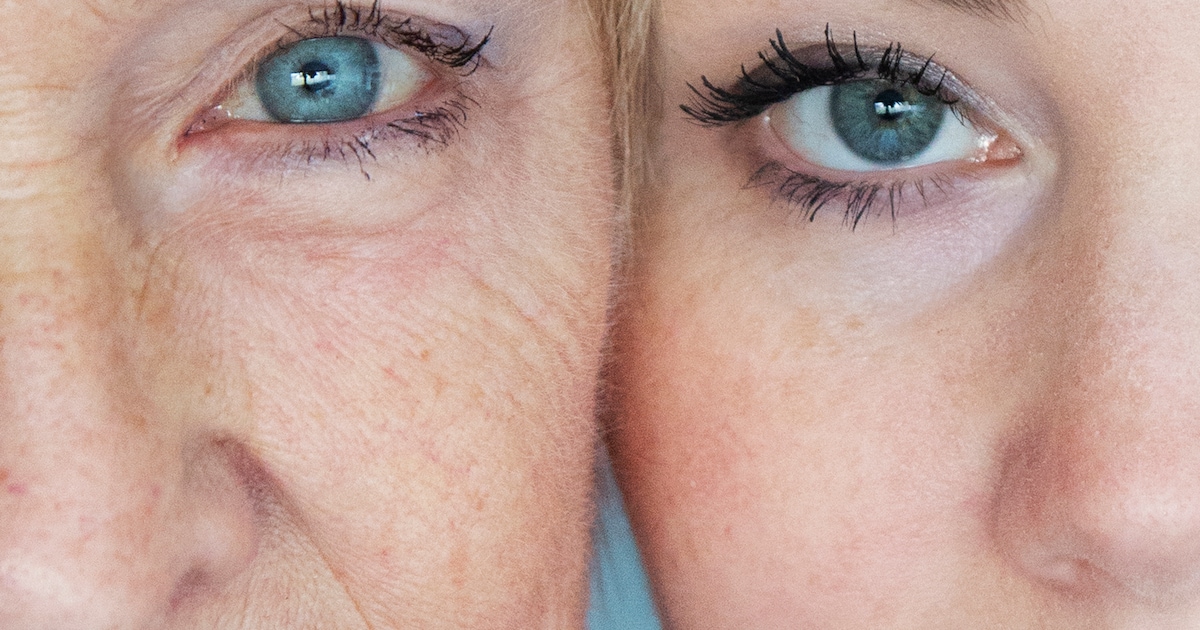Diagnosed With Adult ADHD? Your Action Plan

Table of Contents
Understanding Your Adult ADHD Diagnosis
Understanding your specific Adult ADHD presentation is paramount to effective management. It's not a one-size-fits-all condition.
Knowing Your Specific Symptoms
Not all Adult ADHD presentations are the same. Understanding your specific challenges (inattention, hyperactivity, impulsivity) is critical for targeted treatment. Identifying these will help your doctor tailor a treatment plan that works for you.
- Identify your dominant symptoms: Are you primarily struggling with difficulty focusing (inattention), restlessness and fidgeting (hyperactivity), or acting on impulses without thinking (impulsivity)? Many adults experience a combination.
- Note the impact of these symptoms on your daily life: How do these symptoms affect your work performance, relationships, and ability to complete daily tasks? Be specific: Do you miss deadlines? Struggle to maintain friendships? Have difficulty managing finances?
- Consider keeping a journal: Track symptom frequency and severity. This detailed record will be invaluable when discussing treatment options with your doctor or therapist. Note triggers and situations that exacerbate your symptoms.
Types of Adult ADHD
Learning about the different subtypes of Adult ADHD helps you better understand your unique experience and allows for more targeted treatment.
- Research the characteristics of each subtype: The three main subtypes are predominantly inattentive, predominantly hyperactive-impulsive, and combined presentation. Understanding which best aligns with your symptoms will help you communicate more effectively with your healthcare provider.
- Discuss your subtype with your doctor: This discussion will be key in tailoring your treatment plan. Your doctor may use this information to guide medication choices and therapeutic approaches. They can also help clarify any uncertainties you may have about your diagnosis.
Debunking Myths About Adult ADHD
Many misconceptions surround Adult ADHD. Addressing these helps promote a more accurate and accepting understanding of the condition.
- Adult ADHD is not just "being lazy" or "lacking willpower": It's a neurological condition affecting brain function, impacting focus, impulse control, and organization.
- Adult ADHD is a neurological condition affecting brain function: It's not a character flaw or a lack of discipline. Understanding this is crucial for self-compassion and effective management.
- Effective treatment and management strategies exist: With the right support and strategies, you can significantly improve your symptoms and quality of life. Don't let myths discourage you from seeking help.
Building Your Support System for Adult ADHD Management
Building a strong support system is crucial for long-term Adult ADHD management. You don't have to navigate this alone.
Seeking Professional Help
Professional guidance is essential for developing an effective management plan.
- Find a therapist specializing in Adult ADHD: A therapist can provide valuable support through therapy, helping you develop coping mechanisms and strategies for managing your symptoms.
- Explore different therapeutic approaches: Cognitive Behavioral Therapy (CBT) and other behavioral therapies are often highly effective in treating Adult ADHD.
- Discuss medication options with your doctor: Medication can be a helpful part of a comprehensive treatment plan for many adults with ADHD. Weigh the pros and cons carefully with your doctor.
Connecting with Support Groups
Connecting with others who understand your experiences can be incredibly powerful.
- Find local or online support groups for adults with ADHD: Sharing experiences reduces feelings of isolation and provides valuable peer support. Many online communities offer a safe and anonymous space to connect.
- Attend meetings regularly: Regular attendance helps build a sense of community and provides ongoing support and encouragement.
Enlisting Family and Friends
Educating your loved ones about Adult ADHD fosters understanding and strengthens your support network.
- Share resources about Adult ADHD with your family and friends: Increased awareness helps them better understand your challenges and how they can best support you.
- Discuss how they can best support you in your daily life: Open communication is key. Let them know what kind of support you need—whether it's help with organization, reminders, or simply a listening ear.
Implementing Practical Strategies for Adult ADHD
Practical strategies play a vital role in managing Adult ADHD symptoms and improving daily functioning.
Lifestyle Adjustments
Simple lifestyle changes can make a significant difference.
- Prioritize sleep hygiene: Aim for 7-9 hours of quality sleep each night. A consistent sleep schedule is crucial.
- Implement a structured daily schedule: This helps create predictability and reduces decision fatigue.
- Incorporate regular exercise and healthy eating habits: Physical activity and a balanced diet can positively impact brain function and mood.
Time Management Techniques
Effective time management techniques are essential for improving focus and productivity.
- Use time-blocking techniques: Allocate specific time slots for tasks, minimizing distractions and promoting focus.
- Break down large tasks into smaller, manageable steps: This reduces feelings of overwhelm and makes tasks seem less daunting.
- Utilize productivity apps and tools: Explore apps designed to help with task management, time tracking, and organization.
Organization and Planning Tools
Employing organizational tools helps manage responsibilities and reduce stress.
- Use calendars, planners, and to-do lists: These tools provide visual reminders and help track progress.
- Implement a system for organizing paperwork and digital files: A clear system minimizes clutter and makes it easier to find things.
- Employ visual reminders and cues: Visual cues can help jog your memory and prevent you from forgetting important tasks or appointments.
Conclusion
Receiving an Adult ADHD diagnosis is a significant step, but it doesn't have to define you. By understanding your condition, building a strong support system, and implementing practical strategies, you can effectively manage your Adult ADHD and lead a fulfilling life. Managing Adult ADHD is an ongoing process, requiring patience, self-compassion, and proactive management. Take control of your Adult ADHD journey today – start implementing these strategies and seek professional help if needed. Don't hesitate to reach out for support; you are not alone in this. Learn more about effective Adult ADHD treatment and management techniques and take the first step towards a more fulfilling life.

Featured Posts
-
 Feitencheck Heeft Adhd Invloed Op De Levensverwachting Bij Volwassenen
Apr 29, 2025
Feitencheck Heeft Adhd Invloed Op De Levensverwachting Bij Volwassenen
Apr 29, 2025 -
 The Pete Rose Pardon Debate Examining The Implications Of A Trump Decision
Apr 29, 2025
The Pete Rose Pardon Debate Examining The Implications Of A Trump Decision
Apr 29, 2025 -
 Family Pleads For Help British Paralympian Missing In Las Vegas
Apr 29, 2025
Family Pleads For Help British Paralympian Missing In Las Vegas
Apr 29, 2025 -
 Canoe Awakening Celebrating Heritage At The Annual Event
Apr 29, 2025
Canoe Awakening Celebrating Heritage At The Annual Event
Apr 29, 2025 -
 Selling Sunset Star Calls Out La Landlords For Price Gouging After Fires
Apr 29, 2025
Selling Sunset Star Calls Out La Landlords For Price Gouging After Fires
Apr 29, 2025
